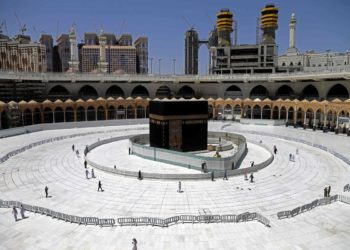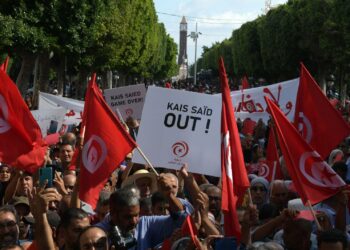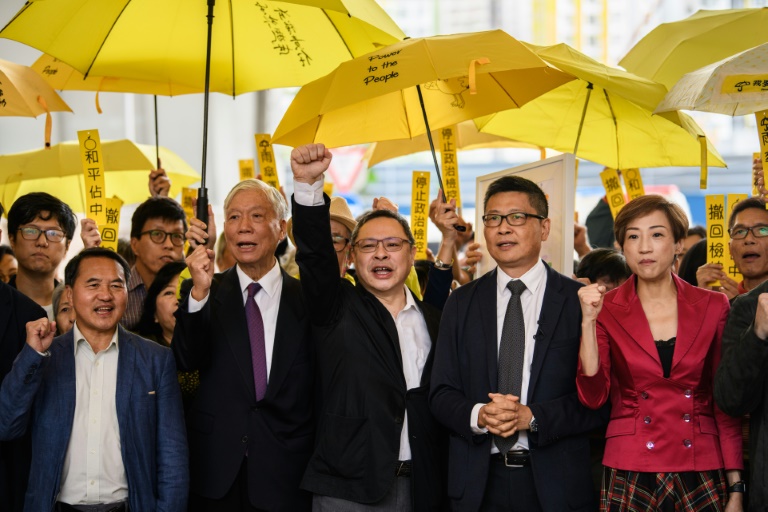Saudi activists, including women, detained in a government crackdown this year have faced sexual harassment and torture during interrogation, Amnesty International said Tuesday.
The activists, held since May in Dhahban prison on the western Red Sea coast, have faced repeated electrocution and flogging, leaving some of them unable to stand or walk, the rights group said in a report, citing three separate testimonies.
At least one activist was made to hang from a ceiling and another detained woman was sexually harassed by interrogators wearing face masks, Amnesty added.
According to 3 separate testimonies we obtained, the activists in #SaudiArabia were repeatedly tortured by electrocution & flogging. In one reported instance, one of the activists was made to hang from the ceiling. https://t.co/rTm8Se3fBi
— Amnesty International (@amnesty) November 20, 2018
The report comes as Saudi Arabia faces intense global criticism over the killing of insider-turned-critic Jamal Khashoggi in its Istanbul consulate on October 2, which tipped the kingdom into one of its worst crises.
“Only a few weeks after the ruthless killing of Jamal Khashoggi, these shocking reports of torture, sexual harassment and other forms of ill-treatment, if verified, expose further outrageous human rights violations by the Saudi authorities,” said Lynn Maalouf, Amnesty’s Middle East research director.
In addition to detaining the activists “simply for peacefully expressing their views, they are also subjecting them to horrendous physical suffering,” Maalouf said.
There was no immediate reaction to the report from Saudi authorities.
Love.
Courage.
Passion.
Passion.
Passion. pic.twitter.com/2OeLGcBBvu— Amnesty International (@amnesty) November 20, 2018
More than a dozen activists were arrested in May — just before the historic lifting of a decades-long ban on women drivers the following month.
Many of them were accused of undermining security and aiding enemies of the state.
Some were subsequently released, but those still detained include Aziza al-Yousef, a retired professor at Riyadh’s King Saud University, Amnesty said.
Loujain al-Hathloul — who was held in 2014 for more than 70 days for attempting to drive from neighboring United Arab Emirates to Saudi Arabia — also remains in detention.
Following their arrest, state-backed newspapers published front-page pictures of some of the activists with the word “traitor” stamped across them in red.
Hatoon al-Fassi, a prominent women’s rights activist and academic, was detained just after the lifting of the driving ban, campaigners said.
The arrests were seen as a calculated move by powerful Crown Prince Mohammed bin Salman to placate clerics incensed by his modernization drive, as well as to send a clear signal to activists that he alone is the arbiter of change.
Many of the activists are being held without charge or legal representation, Amnesty said.
“The Saudi authorities must immediately and unconditionally release detained human rights defenders who are being held solely for their peaceful human rights work,” said Maalouf.
Riyadh must also “launch a prompt, thorough and effective investigation into the reports of… ill-treatment with the view of holding those responsible to account.”
Trump: US to Keep ‘Steadfast’ Partnership With Saudis Despite Khashoggi Murder























